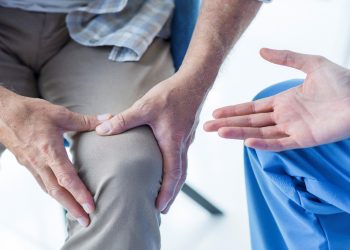Walking is very good for health, and especially for seniors, it is also a perfect socializing opportunity. There are groups of morning and evening walkers of seniors, and they also talk and discuss at length all topics under the sun. This keeps the mind as well as the body active. However, when the seasons change, it also brings about a change in walking habits. For example, the Monsoon may make walking too tricky, while the Summer or Winter has its own share of issues.
The killing heat and sun, is a great matter of concern for the senior walkers, as it dehydrates them and thus they prefer to stay indoors and skip the walks. However, for continuing to walk in Summer, all it needs is a little care and change in schedule and habits to keep your exercise going.
Make it early or late

Join Now >
The sun is up quite early, and it is better to change your walk timings to make it a bit earlier than you would in other seasons. If you have your walk at a time when the coolness of the night is still around, early in the morning, the sun will not have any effect on you. Even otherwise, it is better to avoid going out or walking once; the sun is quite high.
Change clothes
Wear light cotton clothes to avoid the heat troubling you and to ensure that the skin can breathe through. Use hats or caps, if required, and ensure to carry a towel and a water bottle to quench your thirst.
Find shady areas
It is always better to walk in the shade during the Summer. There could be parks or roads with canopies and lined avenues. These areas with trees are definitely cooler as compared to open tracks or roads.
Reduce the strain
During summer, it is better to reduce the exercise as compared to the other seasons. So, if you were earlier putting three rounds of a certain park, it is better to cut it down to one or so. The idea is not to overstrain and sweat and lose body fluids. Also, enough water and liquids should be taken to ensure that the body stays hydrated. You could even think of slowing your pace, instead of the usual speed that you follow.
Split the session
You could also think of splitting the walk session into two or three sessions. For example, if you are doing three rounds of a park or a walking track, you could think of taking one round and resting for a while. You could choose the time to rest and drink water and then do the next round and so on. This will ensure that your body is not dehydrated.
Acclimatize
Also, it is essential to get your body acclimatized to the season; in this case, summer, before you do any strenuous or stressful walking. So, when the heat is more, gradually start your exercise schedule and build it up increasing it daily, if you feel up to it. If not, you could stop at what you feel is comfortable and compensate it with some indoor exercises, like Yoga or on the spot cycling.
Danger signs
If you feel nauseous, dehydrated, too tired, and dizzy or are sweating profusely, sit down in a shady place immediately. Drink water and rest and if required, call for help to get back home. If the signs are extreme, then better get yourself to a doctor immediately, as these are signs of heat stroke and it can prove to be fatal as well.
If you feel your body has heated up extremely, immediately drink water, and elevate your legs as that can help improve the blood flow to your legs. Pour cold water on yourself, head, armpits, and groin as that can help cool down your body. Get inside and relax under a fan or in an air-conditioned room, and if you still feel troubled, better consult a doctor. Follow the above precautions and watch out for the warning signs, if you continue to walk during the summer and learn to stay safe.











